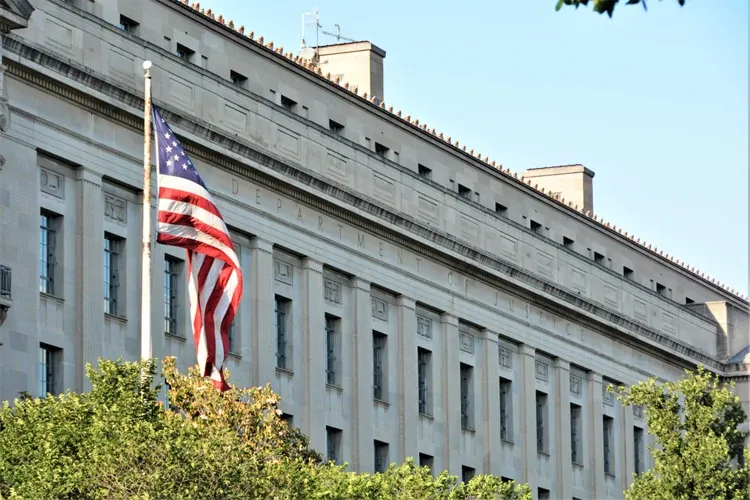Attorney General Merrick Garland delivered an address at a church in Alabama in which he criticized voter identification laws as “discriminatory, burdensome, and unnecessary.”
The remarks, which came during a Sunday worship service at Tabernacle Baptist Church in Alabama, were meant to commemorate the voting rights marches from Selma to Montgomery. Garland contended that the right to vote for black Americans is “still under attack” centuries after the end of the Civil War and that the Justice Department is currently “fighting back.”
“That is why we are challenging efforts by states and jurisdictions to implement discriminatory, burdensome, and unnecessary restrictions on access to the ballot, including those related to mail-in voting, the use of drop boxes, and voter ID requirements,” he commented. “Threats to the right to vote have expanded to target not just the voters themselves, but the citizens we rely on to fairly administer voting. Not just elected officials, not just paid administrators, but also the local volunteers who ensure that voting is available in every precinct.”
Garland noted that the Justice Department has launched an Election Task Force to combat and investigate threats against election workers with violence ahead of the 2024 elections.
“Our democracy cannot function if the public servants and civic-minded citizens who administer our elections fear for their lives,” he added. “The Justice Department recognizes the urgency of this moment.” Defending democracy was the Justice Department’s founding purpose.”
President Joe Biden has indeed denounced Republican officials who increased election security or implemented voter identification laws in their states. He called one such law passed in Georgia after the most recent presidential elections “Jim Crow in the twenty-first century.”
House Democrats introduced legislation after the 2020 elections that would have required states to offer same-day voter registration for federal elections, two weeks of early voting, and automatic voter registration for individuals who provide their data to state agencies. The bill, called the For the People Act, passed in the House but did not advance in the Senate.



